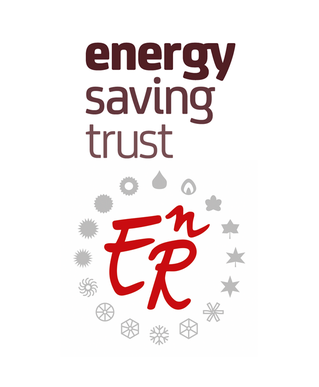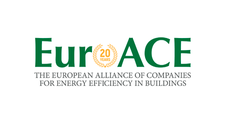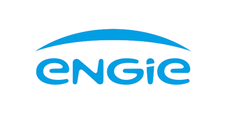Search eceee proceedings
Energy efficiency in the district heating sector – an analysis of the Renewable Energy Directive regarding alternative feed-in options
Panel: 5. Smart and sustainable communities
This is a peer-reviewed paper.
Authors:
Marie Holzleitner, Energieinstitut an der JKU Linz, Austria
Simon Moser, Energieinstitut an der JKU Linz, Austria
Abstract
How much has legislation changed concerning alternative feed in into an existing district heating (DH) network?
In this article, we address the research question whether the current version of the Renewable Energy Directive (RED) provides an effective and efficient regulatory framework for cost-efficient integration of renewables and waste heat into existing DH systems.
As of today, feed-in of waste heat into DH systems through third parties requires in many countries private-law agreements between the feed-in company and the DH network operator. In the course of opening the DH network, the first and third stages of the value chain of DH supply, i.e. production (upstream market), trade, and distribution (downstream market) shall be subject to free competition. The second stage of the value chain, the DH network, would be preserved as a natural monopoly.
While the European Commission's original proposal of the RED had foreseen mandatory uptake of heat from renewable sources and waste heat, the current version of the Directive requires opening of the DH networks for third party feed-in only if it is technically and economically feasible for the DH network operator. This milder version of opening DH networks to third party feed-in was a precondition for achieving political agreement in June 2018. Hereof, questions arise if the RED in its current form goes far enough to unleash the economic and environmental potential of opening the DH networks to renewable and waste heat from third parties, or if this would only happen under a more ambitious regulation? We further add to the debate by presenting an economic mechanism design analysis and by deriving a respectively optimal regulation for a better integration of renewables and waste heat into the DH system and therefore, an open heat market.
Downloads
Download this presentation as pdf: 5-124-19_Holzleitner_Presentation.pdf
Download this paper as pdf: 5-124-19_Holzleitner.pdf
Panels of
1. The dynamics of limiting (energy) consumption
2. What's next in energy policy?
4. Monitoring and evaluation for greater impact
5. Smart and sustainable communities
7. Make buildings policies great again
8. Buildings: technologies and systems beyond energy efficiency
9. Improving energy efficiency in ICT, appliances and products

























